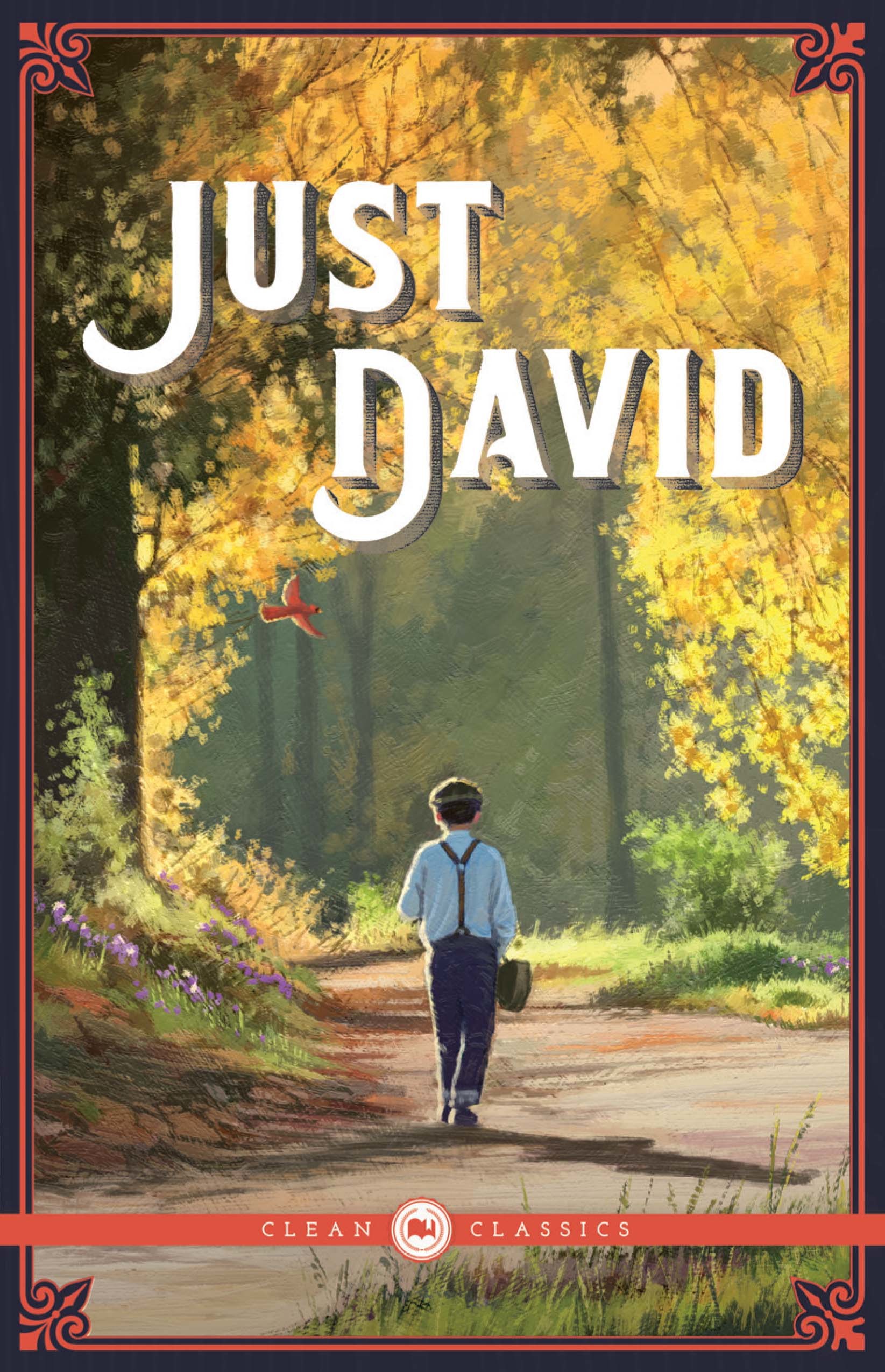The Valley
byThe Valley opens beneath a quiet sky where moonlight silvers the contours of the land, softening the tension between reality and the dreams carried by a wandering boy. David, newly arrived with his father, seeks nothing more than rest in a barn, but the stillness is soon stirred by the strains of a violin. Music, woven with memory and longing, escapes through the barn’s open cracks, drawing Simeon and Ellen Holly from their slumber. Their world, defined by duty and silence, is unsettled by this uninvited song. Simeon suspects trespassers and moves quickly, thinking only of order and property. Yet what they find is not mischief but tragedy—a child beside his lifeless father, still playing as though music could reverse time. In that moment, the air thickens with something deeper than grief. Ellen’s instincts wrestle with confusion, her heart already caught between worry and wonder.
The discovery leaves an indelible mark. Simeon, ever dutiful, resolves to report the matter, but Ellen cannot turn away from the boy who speaks of angels and sunbeams as if they live among us. David’s conversation reveals more than words—it opens a window into a world where beauty and pain exist together without contradiction. To him, the stars and his father’s stories are still alive, stitched into melodies that refuse to be silenced. Ellen, while cautious, begins to feel something stir—a memory perhaps, of a boy she once knew, or a hope long buried under chores and practicality. She gives David food, listens to his unusual phrases, and wonders at a child who seems untouched by bitterness. That night, even the parlor seems changed. The violin, though strange, plays something familiar. It reaches a corner of her spirit not stirred in years.
Later, as David is guided to a room where a bed waits in place of straw, he feels the shift more sharply than anyone around him. The floor doesn’t creak like the mountain rocks. The window doesn’t open to a horizon he’s memorized. Everything is different except his violin, the one piece of home that still sings. He touches its strings, not to entertain, but to stay close to what he’s lost. In this quiet house, surrounded by people who speak in careful tones and carry grief differently, David begins to listen. Not just with his ears, but with the part of him that his father taught to feel the music in everything—the wind, the footsteps, the stars.
The Hollys, though unsure what to do with him, sense the beginning of something neither can name. Simeon remains skeptical. He sees David’s gentleness as impractical, his worldview too fragile for the real world. Ellen, however, watches David sleep and wonders if the boy’s presence might be a gift, not a burden. The boy does not cry like other children. He plays. He hums. He looks at the world not as a challenge to conquer but a story still unfolding. That outlook—so foreign, so fearless—lingers even after the music stops.
This chapter doesn’t try to fix anything. The father remains gone. The questions aren’t fully answered. But what begins is a shift. A seed of connection is planted in that quiet valley—between a boy shaped by mountains and melody, and two adults shaped by loss and labor. The land, the barn, the parlor—all become backdrops to a new composition, one neither David nor the Hollys expected to write. What unfolds from here is not just a story of guardianship or survival, but of understanding how lives can be rewritten not with plans, but with patience, presence, and sound.
The Valley thus becomes more than a place—it’s a threshold. On one side is sorrow and the end of a journey. On the other, the first trembling notes of what might come next. David, still holding tight to his father’s words, does not yet see what others begin to sense. That his presence, though unplanned, may bring healing not just to himself, but to a household long accustomed to silence. The violin, still warm from his hands, rests nearby. Outside, the moon begins to set, but inside, something new quietly begins to rise.

